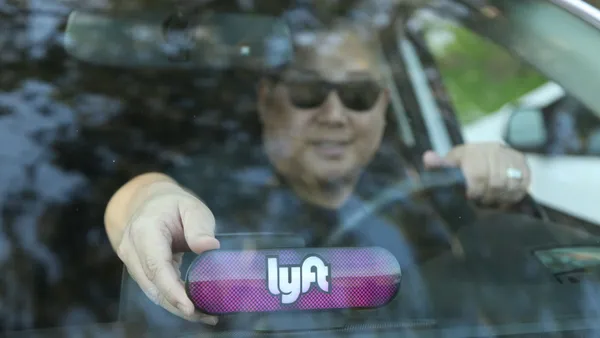Dive Brief:
- Customers are more likely to sign up for a subscription when they know it’s easy to cancel, according to a survey released Tuesday by Chargebee, a subscription revenue services provider.
- More than 4 in 5 customers say they are more likely to subscribe if they know cancellation is easy, the survey of nearly 1,500 found. Nearly 3 in 5 say they have paused a subscription instead of canceling.
- The findings highlight the role of offering flexibility in retention, according to Radi Hindawi, head of revenue strategy and intelligence at Chargebee. “If you trust your customers, you give them the option, you're going to see higher retention, higher acquisition,” he said.
Dive Insight:
Amid widespread price increases, some customers are consolidating their subscriptions or signing up for fewer, Chargebee found. Offering flexibility may be a way to stand out and keep customers.
“The subscription economy keeps going up and up, but customers are a little bit more careful about being impulsive,” Hindawi said. “They're a lot more educated than ever before, so they are a lot more in control of their actual subscriptions. They're not afraid to cancel, to pause, to downgrade.”
More than three-quarters of consumers say the ability to pause, swap or meter subscriptions is “very” or “extremely” important.
Flexibility isn’t just a consumer demand but a regulatory issue that has landed some companies in the Federal Trade Commission’s crosshairs.
In August, Match Group agreed to pay the FTC $14 million to settle after it alleged the company made it difficult to cancel subscriptions. Last week, education technology provider Chegg agreed to pay $7.5 million to settle the FTC’s charges that the company made it “extremely difficult” to cancel subscriptions and also failed to honor cancellation requests.
And just this week, the FTC took Amazon to court over its Prime subscription practices, alleging the online retailer duped millions of consumers into signing up for Prime and making it difficult to cancel.
Customers “don't want to be tricked,” Hindawi said. “If they feel that you put them in a model and there's no way for them to pause or change or, they're just going to leave.”













